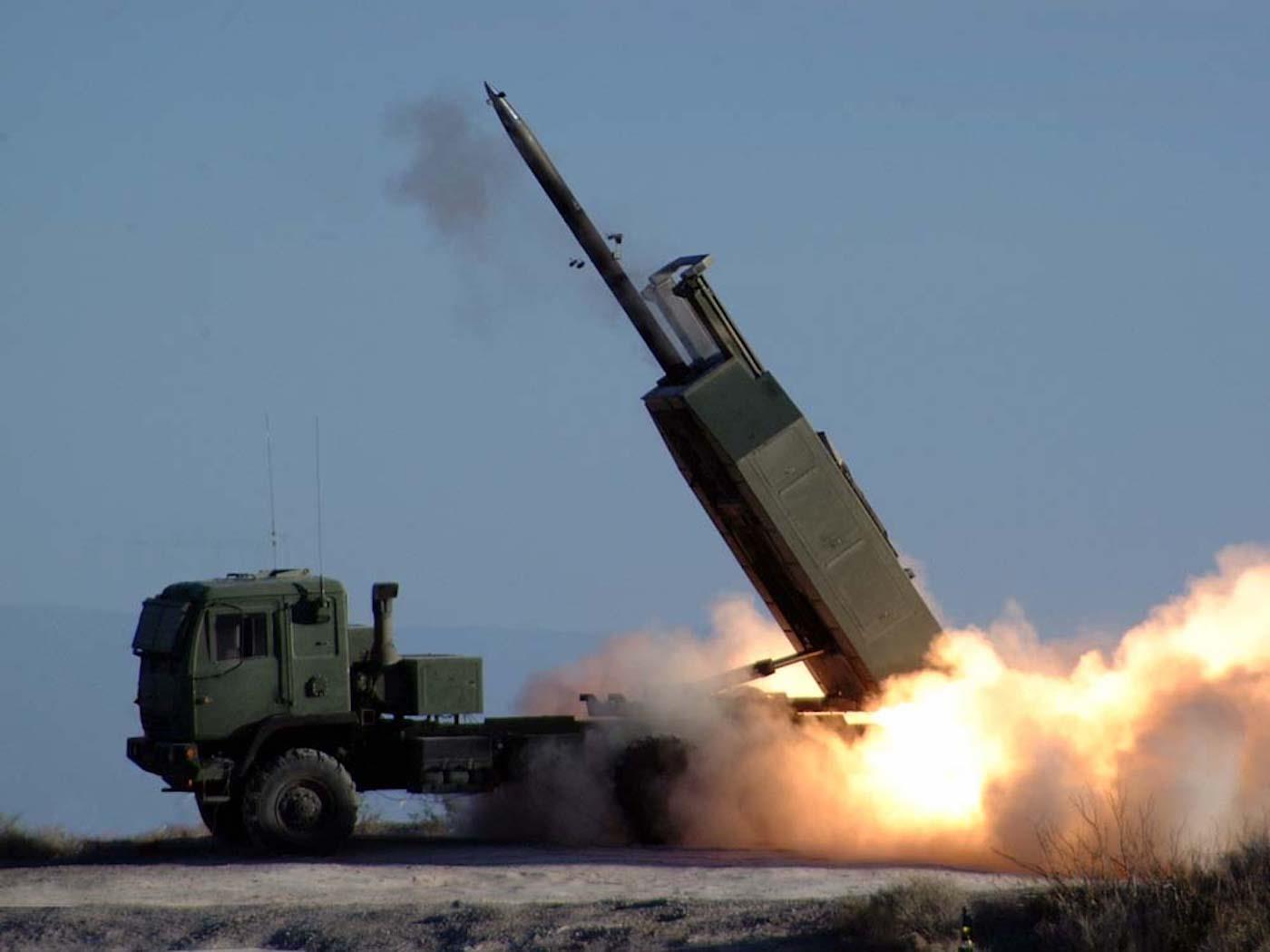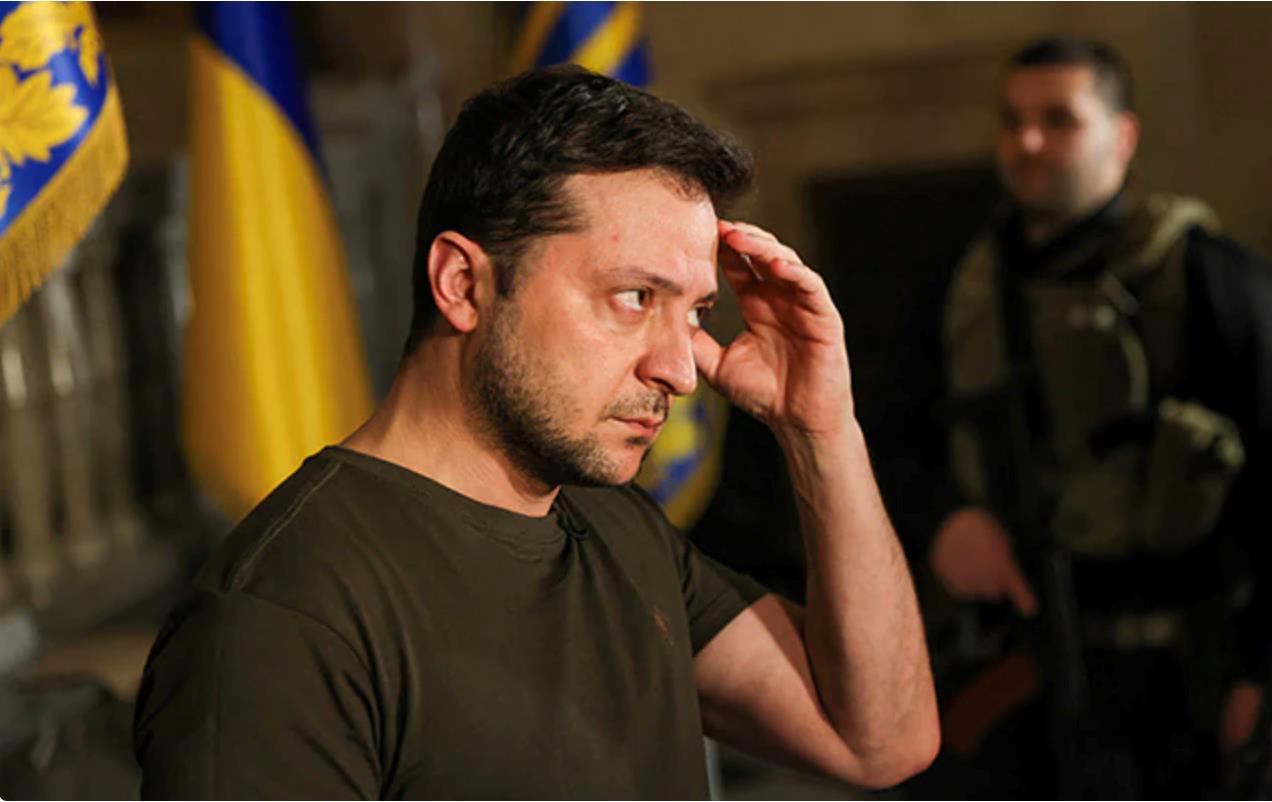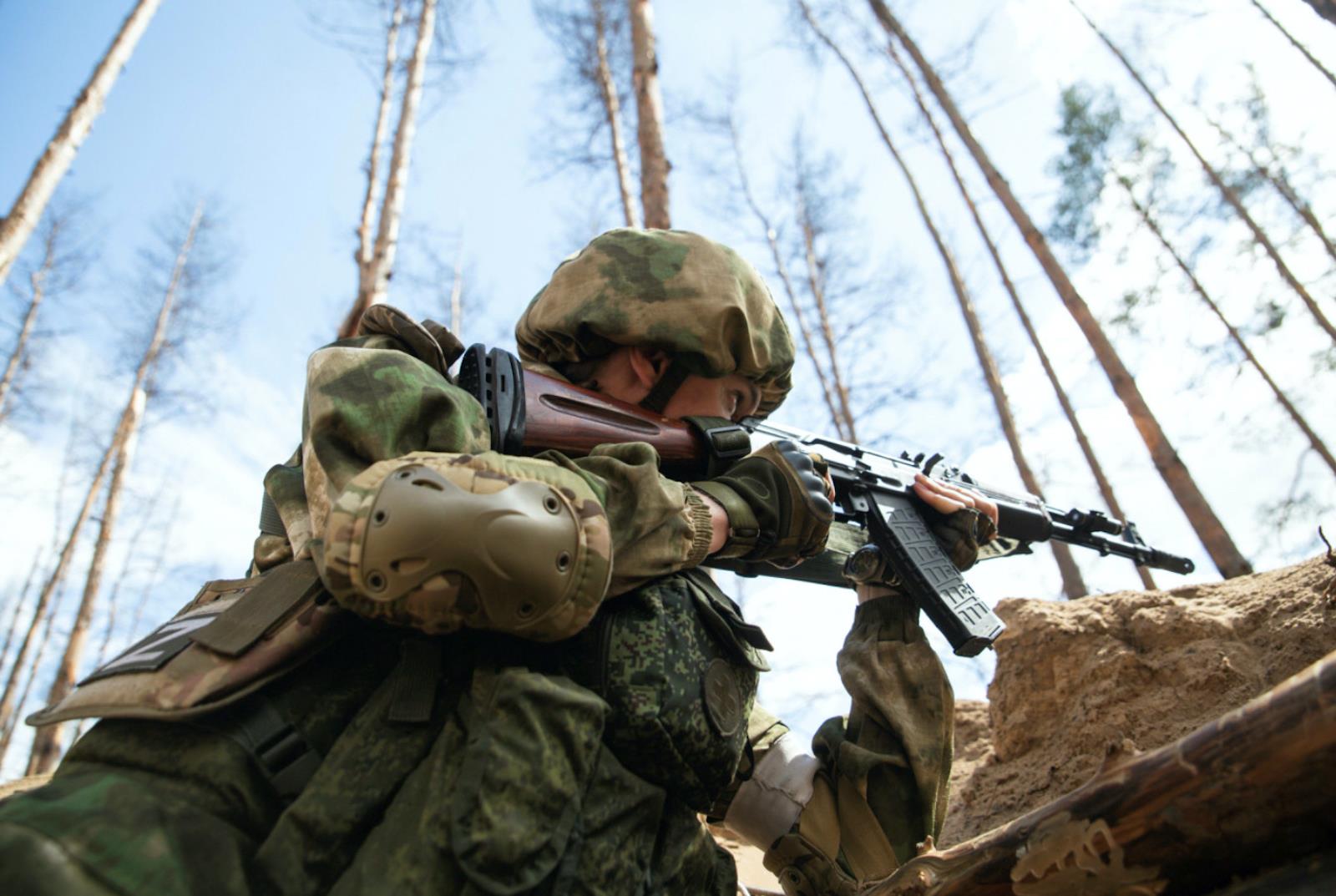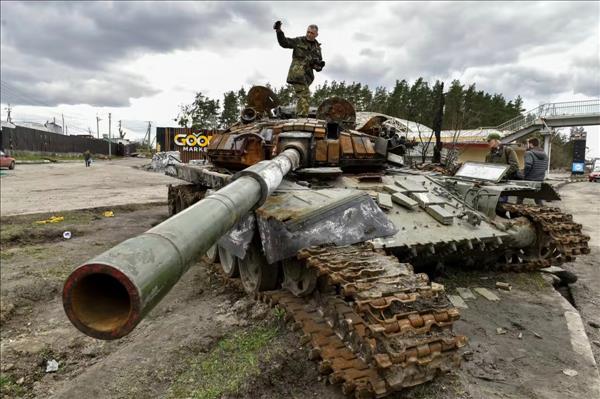
No Traction For A War-Ending Deal In Ukraine
As the US celebrates its Memorial Day weekend, remembering its fallen war heroes, the situation in Ukraine has shifted dramatically.
While a week ago Ukrainian leaders were confident that they could drive the Russians from Ukrainian territory, now it appears they are heading for a major defeat in the Donbass region, the area of Eastern Ukraine that stretches all the way down to the Azov Sea and beyond.
If the Russians do defeat the main force of Ukraine's army, or trap them in an unfolding pincer operation, Ukraine will inevitably have to reach a settlement with Russia.
All of this could happen very quickly. The US and European press, in particular, has started to tell the real story of the unfolding battle, after weeks of disgorging Ukrainian propaganda on how they were slaughtering Russian forces.
Now, with the tables turned, leaders in the US and in NATO, and especially the British, are likely to be almost as unhappy as the Ukrainians.
No matter what deal may be made, and one seems likely if the Russians give a green light, the West will have another big black eye, and NATO membership will look less and less attractive.
The US is hurrying to send new types of weapons to Ukraine, including HIMARS, a high mobility precision rocket system. These will have to be yanked from war stocks, which could very well weaken US capabilities elsewhere, especially in East Asia.
But even if the US resolves to send HIMARS, it is probably too late for Ukraine's resistance. Furthermore, the Russians have warned that there will be a price to pay if HIMARS is delivered and deployed.

The US could seek to send the HIMARS missile system to Ukraine. Image: Wikipedia
Nevertheless, Ukrainian President Volodymyr Zelensky is preparing the ground to reach a deal with the Russians. Whether he can do so, however, is altogether unclear.
For Zelensky, oddly enough, the good news is that the troops who could put a lot of internal pressure on him, the Azov Brigade of ultra-nationalists, are now mostly in Russian prisoner camps after losing in Mariupol.
They are not likely to be returned to action any time soon. While Zelensky has locked up his pro-Russian opponents and squeezed many others, the diplomatic front is a different kind of battlefield.
On May 13, US Secretary of Defense Lloyd Austin called his Russian counterpart, Defense Minister General Sergei Shoigu, where he reportedly asked Shoigu for a ceasefire in Ukraine.
On May 19, US Chairman of the Joint Chiefs (JCS) of Staff General Mark Milley called his Russian counterpart General Valery Gerasimov. Details of that discussion have not been publicly released, but it can be surmised it was another US push for a ceasefire.
So why is Washington suddenly in such a hurry to clinch a ceasefire? One explanation is that they already saw that the Russians were moving into a position to trap Ukraine's army in Donbass and that there was no good way out.
Despite both phone calls – marking the first contact between Russia's and America's military since the Ukraine war started – no ceasefire was agreed. This probably touched off even greater alarm in Washington and among US allies who also are supplying tons of weapons to Ukraine.
It is easy to forget that part of the reason behind Biden's almost irrational commitment to fight in Ukraine has been to cover up his massive failure in Afghanistan, marked by the hasty and chaotic retreat of American troops last August that allowed the Taliban to declare a clear victory.
The Ukraine gambit appears to have been a shrewd, if not cynical policy: NATO seems together as never before, the US and its allies are shipping in weapons at an unprecedented pace and Ukraine seems to be shoving the Russians back. It looked as if Biden could walk away a big hero, linking arms with Zelensky.
Biden was even desperate to go to Kiev to stand side by side with Zelensky. But intelligence sources were telling a different story. Instead, Biden sent his wife to meet Mrs Zelensky while he stayed home. His secretary of defense and JCS chairman pleaded with the Russians to stop and agree to a ceasefire.

Ukrainian President Volodymyr Zelensky has a headache in the Donbass. Photo: NDTV / Screengrab
Maybe they dangled some other incentives – we still don't know – but Russia was not about to take the bait.
There are at least two reasons why Russia declined. The first, and easiest to understand, is that at last they thought they had turned around the Ukraine disaster and were heading for a win.
The second, closely related to the first, is that President Vladimir Putin needs a victory, not a ceasefire. He is under the gun at home and his job is very much on the line. Either Putin wins or he is out. A ceasefire is negative for him on both counts.
What this means for the Ukrainians is that they will get the war to end only after a full deal is agreed, not before. At that point, the fighting will stop, as it stopped on the 11th day of the 11th month in 1918, the armistice, when Germany agreed to surrender.
There are certain things the Russians want that Ukraine will have to find a way to accept. The biggest one of all is no NATO, and no pseudo-NATO, presence on Ukrainian soil. Zelensky has previously signaled he is prepared for that.
But the Russians may go further, and want Ukraine in its pet security alliance, known as the Collective Security Treaty Organization (CSTO), made up of Russia, Armenia, Kazakhstan, Kyrgyzstan, Tajikistan and Uzbekistan.
The Russians might want that to replace Ukrainian NATO membership, and the CSTO could also offer Ukraine security assurances if Ukraine would accept them.
Alternatively, Ukraine might propose an association with the Committee on Security Cooperation in Europe (CSCE), which is a party to both Minsk agreements, giving it credibility for both Ukraine and Russia.
But it will take movement by Putin to agree to it, especially since CSCE was unable to deliver a final deal under the Minsk II (2015) agreement, opening the door to NATO and the US to train up and supply the Ukrainian military and to begin setting up naval and air bases for NATO on Ukrainian territory.
Along with no NATO and possible security guarantees, there are two difficult questions. One of them involves the status of the two“republics,” Luhansk and Donetsk.
Russia recognized them as independent states just before Russia invaded Ukraine. Before that, their status was awaiting a solution under the Minsk II agreement, that promised these areas“autonomy” – but an autonomy realized under the Ukrainian constitution and supported by Ukrainian enabling legislation.

A Russian soldier takes aim in the Donbass. Image: Tass / Река Александр
Whether that remains on the table in any way is an unresolved question. It is noteworthy that one of the key cultural issues impacting the Donbass region is that these are largely (or at least were before the war) Russian- speaking parts of Ukraine.
The Ukrainian parliament had banned the Russian language in all official correspondence, in hospitals, banks and other public entities, and pulled Russian language teaching in the schools. It was announced this week that the schools in Mariupol, or at least the ones that survive after Russia's victory, will now once again be teaching Russian.
The second issue involves the territory of the two republics, which will be changed as a result of the war. If these two areas are broken off entirely from Ukraine, then they will be considerably larger if Ukraine is forced to agree to the armistice line as the border between these two regions and Ukraine.
Of course, it is less of a problem if these regions are autonomous but that is much more difficult to achieve now because between 2015 and now there have been no serious negotiations of autonomy under the Minsk framework.
There are plenty of other issues. The Russians will demand some form of Ukrainian demilitarization but Ukraine will surely try and avoid that outcome. Ukraine will also need economic concessions, particularly the ability to ship grain and other commodities out through the Black Sea. Oil and gas transit is also an important trade issue that will need to be resolved.
There is much more and any settlement will need to be worked out quickly. Neither Zelensky nor Putin can stand for a long and drawn-out diplomatic process. Each one has enemies within and a short timeline.
It is far from certain the war will end. After all, it could drag on for years, costing thousands more lives on both sides. But the country has all but been wrecked and recovery will be difficult and costly.
On top of everything else, while Ukraine may have prospects for raising Western capital, Russia has none. In both cases we are looking at decades, supposing the fighting is ended to restore normal life to now war-torn Ukraine.
Follow Stephen Bryen on Twitter at @stevebryen

Legal Disclaimer:
MENAFN provides the
information “as is” without warranty of any kind. We do not accept
any responsibility or liability for the accuracy, content, images,
videos, licenses, completeness, legality, or reliability of the information
contained in this article. If you have any complaints or copyright
issues related to this article, kindly contact the provider above.


















Comments
No comment